|
Nau mai, haere mai - I hope you enjoy this week’s New Zealand newsletter.
The government’s immediate response to the welfare expert advisory group’s report and its more than 40 recommendations was described as disappointing, even pathetic. But Michael Fletcher, who was the group’s independent special advisor, writes that the government won’t be able to ignore it because it showed clearly just how inadequate current benefits are.
Last week’s attempted removal of a newborn Māori boy from his family highlights the issue that indigenous children are much more likely to be taken into state care, in New Zealand and elsewhere, despite evidence that it often fails them. Dominic O'Sullivan explains that New Zealand, Australia and Canada all retain practices that make it difficult for iwi, Indigenous people or first nations to intervene in support of families in difficulty.
And details of New Zealand’s long-awaited zero carbon bill have been released, setting a global benchmark with reduction targets for all major greenhouse gases. Robert McLachlan explores the two-basket approach, which sets a 2050 net zero target for long-lived greenhouse gases (carbon dioxide and nitrous dioxide) and calls for a lower target for methane.
You’ll find many more interesting stories in this newsletter and all New Zealand articles on this page. If you know someone who might enjoy this newsletter, feel free to forward this email. They can sign
up here. Ngā mihi mahana ki a koutou.
|

One of the recommendations by a welfare advisory group was to raise benefit levels by up top 47%, but the government has rejected it, for now.
from www.shutterstock.com
Michael Fletcher, Victoria University of Wellington
Ardern's coalition government promised to overhaul New Zealand's welfare system, but its response to a comprehensive report by an expert advisory group has been disappointing at best.
|

In 2018, the rate at which Māori babies were removed from their families was four times the rate for the rest of the New Zealand population.
from www.shutterstock.com
Dominic O'Sullivan, Charles Sturt University
Last week's attempted removal of a newborn Māori baby from his family highlights the issue that indigenous children are much more likely to be taken into state care, in New Zealand and other countries.
|
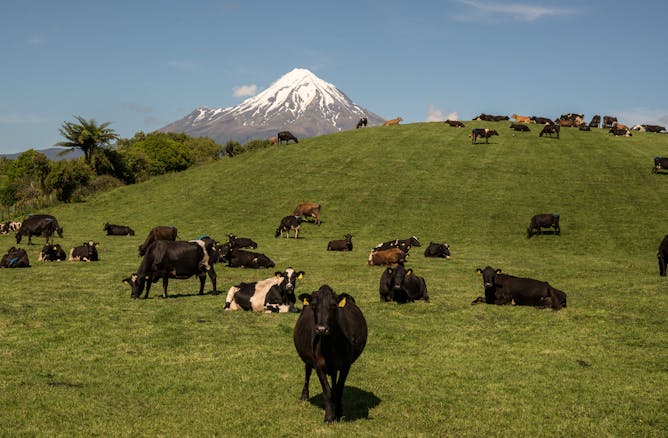
Agriculture – including methane from cows and sheep – currently contributes almost half of New Zealand’s greenhouse emissions.
from www.shutterstock.com
Robert McLachlan, Massey University
New Zealand's government has released a bill that sets targets to bring long-lived greenhouse gases to net zero by 2050 and reduce emissions of the shorter-lived methane by 10% within a decade.
|

The US, Afghanistan and Taliban are engaged in peace talks to end the 18-year conflict in Afghanistan.
Sayed Mustafa/EPA
Alexander Gillespie, University of Waikato
A ceasefire and peace agreement in Afghanistan may mean that the Taliban would have to lose their "terrorist" classification and turn from despised outlaws to legitimate powerbrokers.
|
From The Conversation's international editions
|

Emil Jeyaratnam, The Conversation; Andrew Donegan, The Conversation
What are the key policy issues on which the 2019 federal election will be fought?
| |
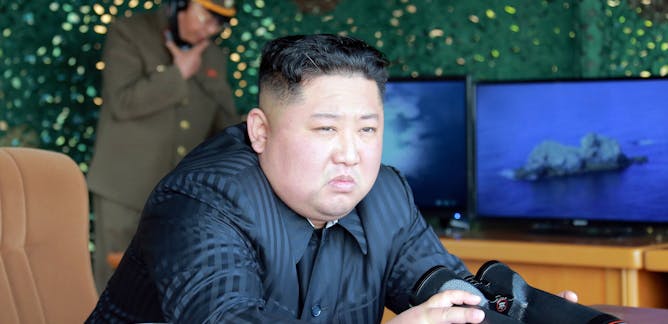
Benjamin Habib, La Trobe University
Every time North Korea needles the US with another provocation, it makes it harder for Donald Trump to mobilise the domestic support for a return to the negotiating table.
|
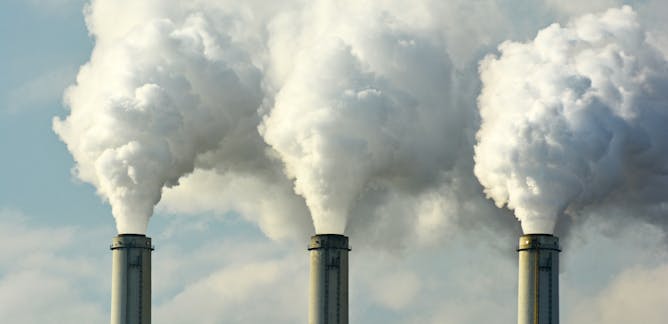
Glyn Wittwer, Victoria University
Transitioning to renewable energy will cost us something, but the benefits far outweigh the price.
| |
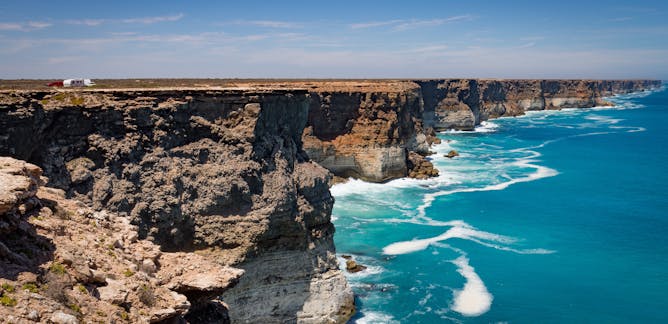
Sarah Duffy, Western Sydney University; Christopher Wright, University of Sydney
It would take 17 days to respond to an oil spill in the Great Australian Bight. And that's the best-case scenario.
|
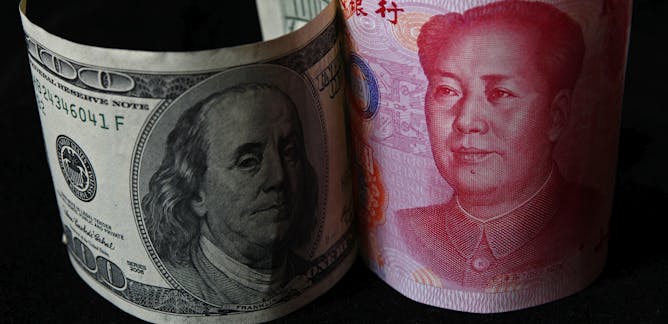
Greg Wright, University of California, Merced
An economist explains why the US and Chinese governments are most likely to dig in their heels rather than find a compromise to end the costly trade conflict.
| |
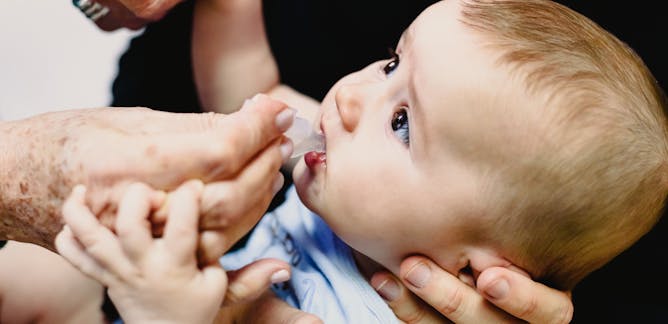
Gregory C Mason, University of Manitoba
An economics risk analysis offers some insight into the modern anti-vaxx movement.
|
|
|